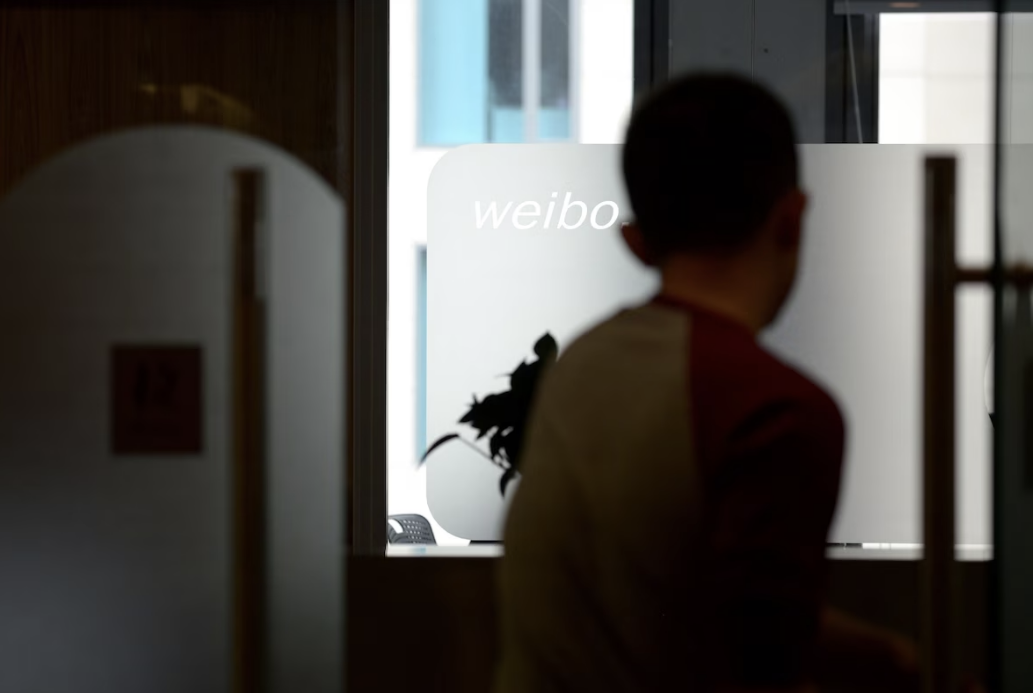Comments comparing Jews to Nazis are pervasive on videos relating to the Israel-Gaza war on one of China’s largest video-sharing platforms, Weibo. State-controlled media outlets have been spreading conspiracy theories about the American Jewish community online as well, including the idea that a small number of Jewish Americans control the vast majority of power and wealth in the United States. A false statistic along those lines, originally posted on Oct. 10 by state broadcaster China Central Television, went viral online, becoming a Weibo trending “hot topic.”
Of course, not all criticism of Israel is antisemitic, and antisemitism existed in China before Oct. 7. But via its internet censorship regime and state-controlled media, Chinese authorities have been fueling the flames of anti-Jewish hate online. Now, the U.S. government is starting to publicly push back on China’s promotion of antisemitism.
“What we saw after October 7 was a drastic change in the social media within China. The antisemitism became more unplugged, more free-flowing,” the State Department’s deputy special envoy to monitor and combat antisemitism, Aaron Keyak, told me in an interview. “And because we know that the Chinese internet is not free, that’s a conscious decision by the Chinese government to allow that kind of rhetoric to be greatly increased.”
The Chinese government denies it promotes or even allows antisemitism online. When Keyak gave an interview last month in Brazil calling out China for using antisemitism as a tool of its anti-U.S. diplomacy, the local Chinese Embassy protested loudly. But a mountain of evidence shows that on China’s internet, where no opinion is allowed to flourish without government approval, antisemitism has surged.
“This is not some kind of uptick; this was a tsunami of antisemitic rhetoric that was allowed to spread on China’s social media,” Keyak said. “This sort of drastic increase that has been sustained since October 7 coming out of China does not happen by accident.”
China, after all, is far more actively involved in what its citizens post and see online than we are used to in the United States. Freedom House reports that China has the “world’s most sophisticated internet censorship apparatus,” whereby internet platforms implement strict monitoring and removal of content or face severe punishments. Moreover, once the government signals its support for a particular opinion or narrative, Chinese netizens know that promoting that line brings clout and benefits.
“The government created an environment where it is easy for antisemitic content to thrive,” Yaqiu Wang, Freedom House’s research director for China, Hong Kong and Taiwan, told me. “And people know if they amplify what the government says, it’s safe. And the more nationalist they go, the more clicks they get.”
There’s a parallel rise on China’s internet of pro-Hamas and anti-Israel content. The Chinese tech companies, which operate under strict instructions from Chinese government censors, have played a big role. Chinese internet search giants Baidu and Alibaba went so far as to actually temporarily erase the country of Israel from their maps.
Some of this grows out of what has been Beijing’s largely pro-Palestinian position since the Israel-Gaza war broke out. Beijing has long relationships with Palestinian groups and sees the Palestinian issue in the context of its overall anti-Western, anti-imperialist worldview. But China never had a long history of antisemitism and targeting of Jews as state policy, as Russia has.
“Right now, it is very dangerous to be pro-Israel inside China without suffering some kind of punishment. That’s the environment,” former State Department official Miles Yu said in testimony last month to the select committee on the Chinese Communist Party. “The reason why China chose this moment to take a decisively anti-Israel position is because China regards Israel as a close ally of the West.”
But Beijing’s promotion of antisemitism is not only about its Middle East policy. By putting forth the old conspiracy theory that Western democracies are secretly run by a small cabal of Jews, rather than subject to legitimate elections, Beijing seeks to convince its domestic audience that China’s system is superior.
Obviously, these policies are distorting the news and seeding resentment among those inside China. But hateful content from China doesn’t stay in China. The Chinese government’s state media and propaganda reach is worldwide, and sowing distrust in Western democracy is a core pillar of China’s international diplomacy.
“They see pushing antisemitism as a tool of promoting their national interest,” Keyak said. “And that’s a problem for the United States, and it’s a problem for anybody who cares about the well-being of Jews anywhere, because it spreads.”
A great way to fight bad information is with good information. The State Department has published much of what it knows about Russia’s use of antisemitism as a tool of diplomacy and propaganda; it should do the same for China. And leaders in Beijing should be told clearly that its policy of fueling antisemitism is not only harmful to Jews but also a dangerous manipulation of its own people.









